This was handled badly.
Republicans from several congressional committees are now saying that they have evidence that whatever the FBI did during the course of the investigation into Hillary Clinton’s email server, they screwed up.
They claim to have written evidence that proves the FBI knew there were laws broken in the handling of those emails going through Clinton’s private email server.
They knew, but still chose to cut her loose.
Lock her up?
That evidence includes passages in FBI documents stating the “sheer volume” of classified information that flowed through Clinton’s insecure emails was proof of criminality as well as an admission of false statements by one key witness in the case, the investigators said.
About that employee who lied to the FBI…
The name was redacted in the paperwork, but it’s known that he was an employee with the company that handled Clinton’s server. He admitted – after the fact – that he’d permanently deleted archives of Clinton’s messages in 2015 that had been subpoenaed by Congress.
So Congress requests her messages, this guy obliterates them, and then later admits to the FBI that he got rid of them AFTER getting a subpoena for them.
This isn’t an “oops” moment. This is a “You lied to the FBI, boy!” moment.
Wait… what are George Papadopoulos and Michael Flynn in trouble for?
Oh… that’s right.
The investigators also have confirmed that the FBI began drafting a statement exonerating Clinton of any crimes while evidence responsive to subpoenas was still outstanding and before agents had interviewed more than a dozen key witnesses.
Those witnesses included Clinton and the computer firm employee who permanently erased her email archives just days after the emails were subpoenaed from Congress, the investigators said.
Lawmakers on the House Judiciary Committee who attended a Dec. 21 closed-door briefing by FBI Deputy Director Andrew McCabe say the bureau official confirmed that the investigation and charging decisions were controlled by a small group in Washington headquarters rather the normal process of allowing field offices to investigate possible criminality in their localities. The Clinton email server in question was based in New York.
And things didn’t follow the normal path of investigation, this time around.
The normal pattern would see field offices located where the crimes may have been committed will investigate the evidence, then recommend if charges should be filed. This particular case smelled political, from the start.
A small group of higher ups within the Washington bureau controlled both the investigation and the recommendation of charges. This is known in the FBI as a “special.”
Republicans on the House Judiciary Committee believe this is proof that the FBI set out to clear Clinton.
“This was an effort to pre-bake the cake, pre-bake the outcome,” said Rep. Matt Gaetz (R-Fla.), a House Judiciary Committee member who attended the McCabe briefing before the holidays. “Hillary Clinton obviously benefited from people taking actions to ensure she wasn’t held accountable.”
Democrats aren’t going to nod to any corruption, but they are admitting that this seems “unusual.”
That’s as close as you’re going to get to hearing any Democrats roll on Hillary Clinton.
“To the extent that the Assistant Director of the FBI was involved in that investigation, and recognizing that the investigation itself presented a unique set of circumstances, his testimony did not raise any concerns that would justify the Republicans’ outsized obsession with Hillary Clinton’s emails two years after the fact,” said Rep. Jerry Nadler (D-N.Y) who recently took over as the top Democrat on House Judiciary after former Rep. John Conyers (D-Mich.) stepped aside in a sex harassment scandal.
James Comey, then-FBI director, says he made the decision to seek no charges against Hillary Clinton – without the input of the Department of Justice – because he feared the DOJ’s standing in this case was already shot, after the whole Bill Clinton-Loretta Lynch tarmac meeting.
He also argued in an initial July 5, 2016, press conference announcing the decision that he did not believe he could show that Clinton intended to send classified information over her server.
Sometime within the next 4 months, the DOJ inspector general is expected to release some initial findings in this probe, including if there are biases that could have interfered with carrying out the investigation properly.
One storyline that has emerged is that the FBI’s own documents stated there was evidence some laws had been broken, but bureau leaders declined to pursue charges on the grounds they could not prove Clinton and her aides intended to violate the law.
Those concerns were reflected in the initial draft statements Comey and his leadership team began writing in spring 2016. The Hill first reported in November that Comey’s original May 2, 2016, draft included the words “grossly negligent” — the language supporting a criminal charge for mishandling classified information — but it was later changed to the softer “extremely careless.”
That change was made by the now-infamous FBI agent Peter Strzok.
There were also multiple copies of that draft, all acknowledging that the handling of classified emails had been in violation of statutes.
A second passage in the May 2, 2016 draft mentioned the volume of classified emails that passed through those unsecured servers. There were 8 top secret and 37 secret documents.
“The sheer volume of information that was properly classified as Secret at the time it was discussed on email (that is, excluding the “up classified” emails) supports an inference that the participants were grossly negligent in their handling of that information,” the FBI’s original draft read, according to a source who has seen it.
It’s clear that the entire investigation into Hillary Clinton’s handling of classified documents was botched. It’s equally clear there was corruption involved.
What’s not clear is what can be done about it, at this time.
At the very least, somebody should be asking why that technician isn’t facing an indictment, right now.

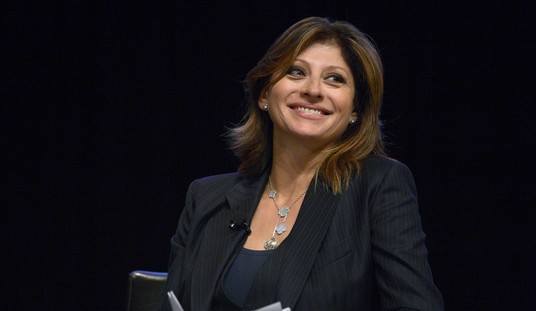
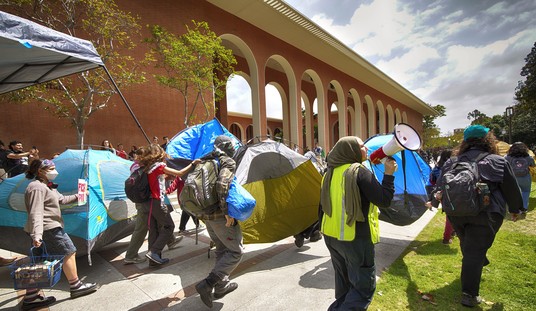


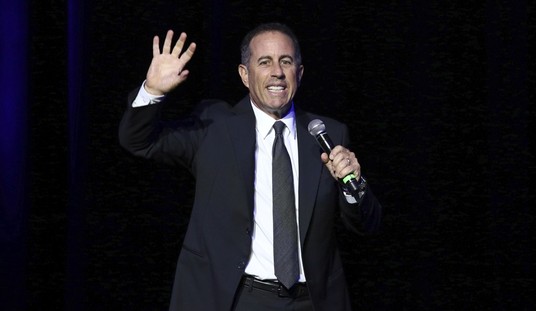
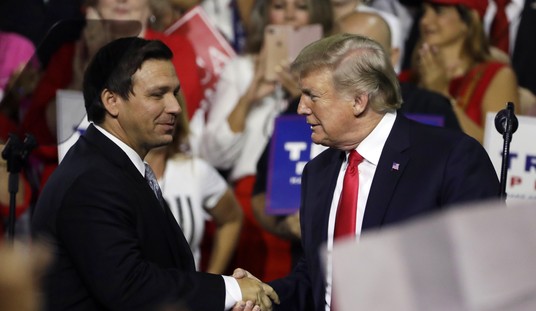

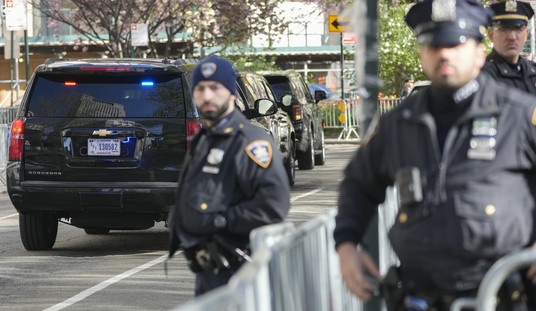

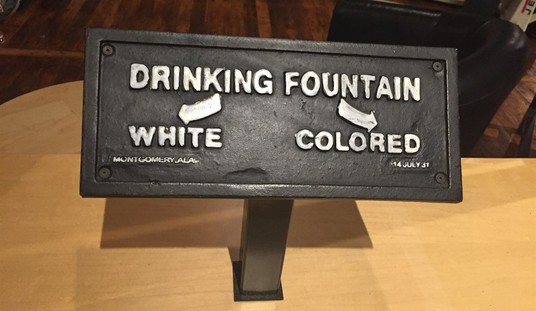


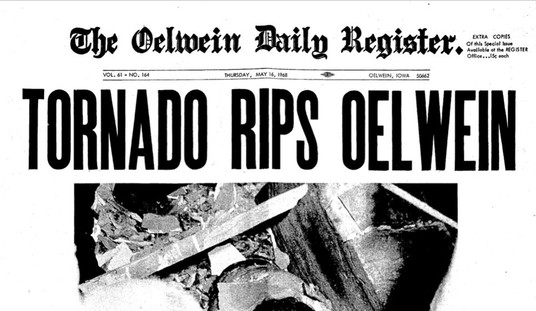
Join the conversation as a VIP Member